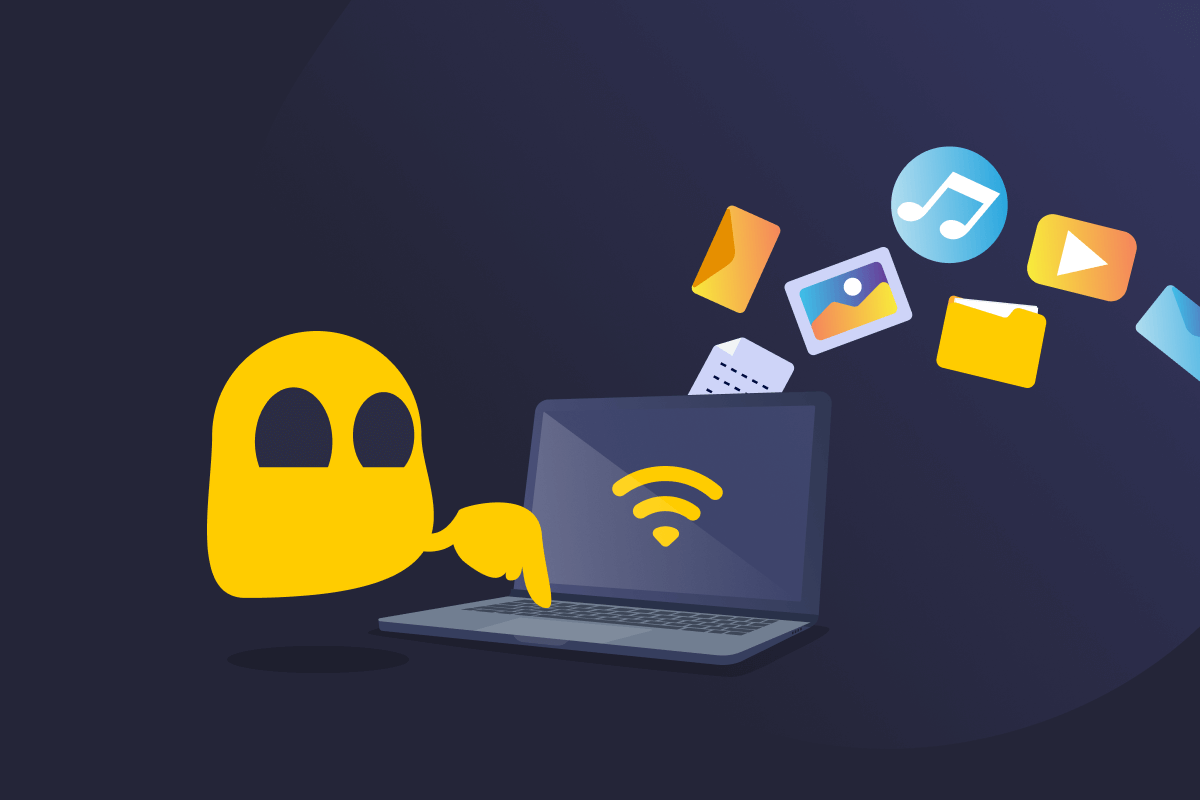ISP

Internet Service Provider (ISP) Definition
An ISP, or internet service provider, is a company that connects homes and businesses to the internet. It assigns IP addresses to devices, routes internet traffic, manages the flow of data between your device and the web, and takes care of the infrastructure needed to keep users online.
ISPs also provide equipment (like modems and routers), monitor usage, and often offer additional services like email accounts, VoIP (voice over IP), or bundled TV and mobile plans. Common examples of ISPs include Comcast, AT&T, Verizon, BT, and Vodafone.
ISP Tiers
- Tier 1 ISPs: These companies own large global networks and don’t pay anyone for internet access. They connect directly with other Tier 1 ISPs and exchange traffic freely, which is called peering.
- Tier 2 ISPs: These providers connect to one or more Tier 1 networks and also connect with each other. They pay Tier 1 ISPs for wider internet access. Many well-known national ISPs belong to this group.
- Tier 3 ISPs: These providers purchase access from Tier 2 ISPs and sell it to consumers. Tier 3 ISPs do not operate large networks of their own; instead, they resell internet access obtained from Tier 2 providers.
Tier 1 and 2 ISPs are responsible for how fast the connection to the internet is. If your ISP is lower in the hierarchy (such as a Tier 3 provider), you may experience slower speeds and network congestion. In general, the higher the tier your ISP is, the faster and more direct your connection to the internet backbone is likely to be.
Types of Internet Connection Provided by ISPs
- DSL (Digital Subscriber Line): Uses regular phone lines to provide internet access. It is generally slower than most modern options but is widely available, including in many rural areas.
- Cable: Uses the same cables as cable television. It offers faster speeds than DSL, but internet speeds can slow down during busy times when many people are online.
- Fiber-optic: Offers the fastest internet available, making it suitable even for large downloads or streaming 4K video. However, it isn’t available everywhere yet.
- Mobile broadband: Connects users to the internet using their phone’s data plan or portable hotspot. Speeds depend on the strength of the mobile signal.
- Satellite: Connects users to the internet via satellites, making it accessible even in remote or rural areas. It’s usually slower and has higher latency, making it unsuitable for gaming or video calls.
- Fixed wireless: Uses radio signals from nearby towers to deliver internet to an antenna at the customer’s location. This option is useful where fiber or cable service is not available.
Read More
- Static vs Dynamic IP Address: What’s the Difference?
- What’s the Best Way to Hide My IP Address?
- How to Increase Your Internet Speed: Easy Tricks That Actually Work
FAQ
An ISP (internet service provider) is a company that provides access to the internet. Whether you’re scrolling social media, streaming movies, or sending emails, you’re using the internet connection provided by your ISP. They act as the intermediaries between your devices and the rest of the web.
Some well-known examples of ISPs are Comcast Xfinity, AT&T, Verizon, Spectrum, and BT. These companies provide internet services to homes and businesses using fiber, cable, DSL, and other types of connections.
ISPs primarily offer internet access. However, they may also provide email hosting, domain name registration, and web hosting services. Some ISPs may offer VoIP services (internet-based phone services), as well as TV and mobile plans (in bundle packages).
The easiest way to find your ISP is to do a Google search using the “what’s my ISP” query. In some cases, Google will show your internet provider’s name before other web search results are listed. If not, you can use a website like WhatIsMyIPAddress to find more info on your IP address and your ISP information.
Your ISP can typically see your online activity to make sure the service it provides matches your contract. That may include the websites you visit, when you visit them, how long you stay, and what you download. Even if you use your browser’s “incognito” mode, your ISP can still see your traffic. That’s why many people use VPNs, such as CyberGhost VPN, to hide their online activity. A VPN makes sure no one can see what you do online and keeps your browsing history private.

 45-Day Money-Back Guarantee
45-Day Money-Back Guarantee